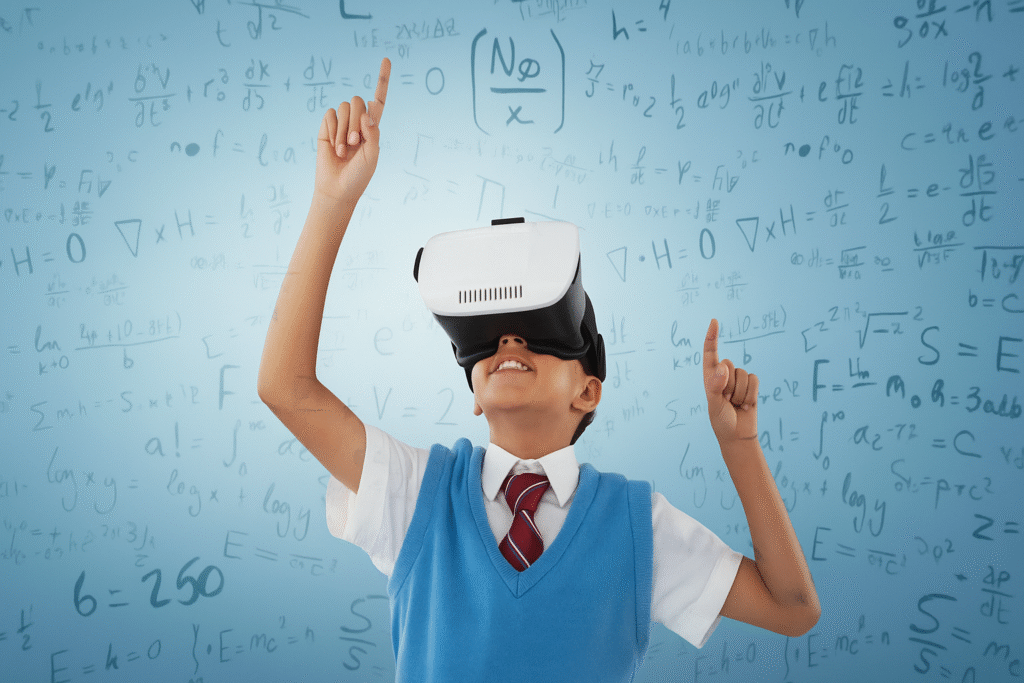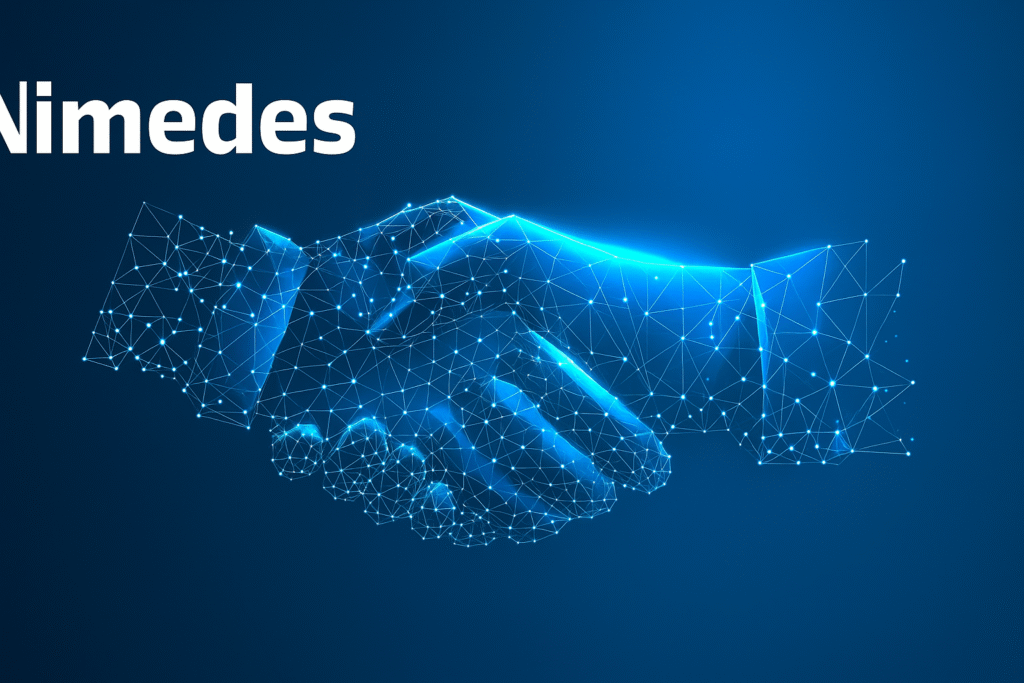Our Digital Double-Edged Sword: Making Sense of Tech’s Gifts and Costs
Ever felt that? You are recounting some kind of humorous incident to a friend whose features are bathed by the chilly blue light of their phone. Or you experience real nerve twitch when your battery reads 4 % and it is not clear what you will do to get home since you have not has a map. Technology has a love hate affair with us. It’s the most capable personal assistant and the most distracting colleague, all housed in a sleek slab of glass and metal we carry in our pockets.
It’s pointless to ask if technology is purely good or bad. That ship has sailed. The real, messier, and more human question is: how do we live well with it? How do we sip the wine without swallowing the poison? This isn’t about corporate white papers or futuristic jargon; it’s about our daily peace of mind, our relationships, and our sense of self. Let’s have an honest chat about the profound pros of technology and the very real price of admission.
The Incredible Lightness of Being Connected: A Key Pro of Technology
Let’s start with the magic, because it truly is magical. I remember the crushing cost of long-distance calls to my university friends, rationed to ten minutes a week. Now, my parents video-call their grandkids daily for free, reading them bedtime stories from miles away. That’s not just convenient; it’s heart-stoppingly wonderful.
This is the core of the human pros of technology: it annihilates distance and democratises… well, everything. Fancy learning to bake sourdough? The world’s best bakers have a tutorial for you. Want to understand the James Webb telescope? Astronomers are explaining it on YouTube. This access is no longer a nice-to-have; it’s a paradigm shift in humans capabilities. It puts the means to learn, connect, create into our very hands and that is nothing short of a miracle that we have grown too accustomed to.
More Hours in the Day: When Tech Lends a Hand
Now, let’s talk about work. And no, I don’t just mean emails. I mean the sheer mental load of modern life. My grocery list is on a shared app with my partner, so we don’t double-buy milk. My thermostat learns my schedule and saves us money. A pesky billing issue that would have meant an hour on hold is solved with a quick chat message.
This is where the practical pros of technology really sing. It frees up brain space automating most of the boring/facile stuff controlling the memory, appointment and doing most of the calculations. This is not about laziness, this is all about strategy. Its about saving our mental capacity in the things that do require the human touch: the creative idea, the tough communication and the moment of understanding. When a machine handles the logistics, we’re freed up to do the living.
The Pocket Doctor and the Global Village
The most impressive developments are, probably, connected with health. Smart clothing that reminds you it is time to stand up or inhale. Apps that use text to connect to a therapist. Even my own grandmother has a pill dispenser that sounds when she forgets pills and goes off to alert my aunt. Not science fiction, Tuesday.
It is a game-changer as this proactive, personalised approach to wellness has been described. That is changing, and we’re going from a sick care model where people go to see the doctor when they are ill, to a wellness model where people need to live in a manner in which they remain well. And back to contact- the devices create a community of global support. Online support groups give people with rare conditions a sense of solace and support, making no one feel like he or she is all alone in his or her struggle. This tremendous advantage in our wellbeing as a whole may well be the greatest good of technological movement.
The Other Side of the Screen: The Friction We Didn’t See Coming
But for all this light, there are shadows. And we have to be brave enough to look at them. That same device that connects me to my family also brings the world’s anxieties to my breakfast table. The social media that reunites old friends is also a highlight reel that can make my perfectly good life feel inadequate.
We’re all familiar with the drain of endless scrolling, the comparison fatigue, the way a quick “check-in” can accidentally vaporise an hour. This is the friction of modern life. It is not only indiscriminate interruption that the continual pings and notifications are–slices in our focus, in our contentedness. It isn t merely time but the slightest fragment of our uninvolved inner beings.
How to Get Our Balance Back in the Wired World
So what is the answer? And chuck our phones into the ocean? Unlikely. The goal isn’t rejection, but mindful curation. It’s about becoming the conscious gatekeepers of our own attention.
For me, it looks like small acts of rebellion. My phone charges in the kitchen overnight, not on my bedside table. I have app timers that tell me when I’ve mindlessly scrolled for too long. I try to leave it behind when I walk the dog, forcing myself to just be bored and look at the trees.It is about purposefully creating what could be referred to as a healthy relationship with technology in the sense that it benefits me rather than the other way around.
The ultimate, sweeping positives of technology are irrefutable- connection, knowledge and convenience on a scale our ancestors could not imagine. However the actual work is subjective It has to do with being able to make small everyday decisions to withstand keeping our humanity despite thhe digital clutter. The technology isn’t going anywhere. The real question is, are we?
FAQs Your Questions, Answered
1. I think I am a phone junkie. Is this a really serious thing?
The word “addiction” is strong, but the design is intentional. These apps are engineered to keep you engaged. Therefore, when you have a compulsive urge, then it is not a personal weakness. Admission of its existence is the initial part. Just go without your most distracting app for a week it will make a difference- it may not last long but you can change it in small ways. You may recoil in amazement at a headroom gained
2. I am not a digital-native, how can I stay current without being left out?
Do not feel obliged to know all the things. Concentrate on that which contains value to you. Desire to see some family photographs? Figure out how to use zoom or facebook. Desire to hear books? Ask someone to assist you in getting a listening book application. Get one thing per time and not because one is being pressured.
3. What is something small I can do today?
The single most effective thing is to turn off almost all your notifications. Every ping is a permissionless request for your attention. The world won’t end. The important people will call. This one act reclaims your focus and makes your device a tool you use, not a boss you obey.
4. Is all this tech actually making us lonelier?
It will, given opportunity, replace rather than supplement. A text is good; a telephone call is even better; a hug is best of all Technology is marvelous at keeping in touch with people in distance, but when it comes to sharing physical space its quite poor. Use it to make a date not to like a photo. The aim is not to use tech to get away with our real world but add-value to it.



